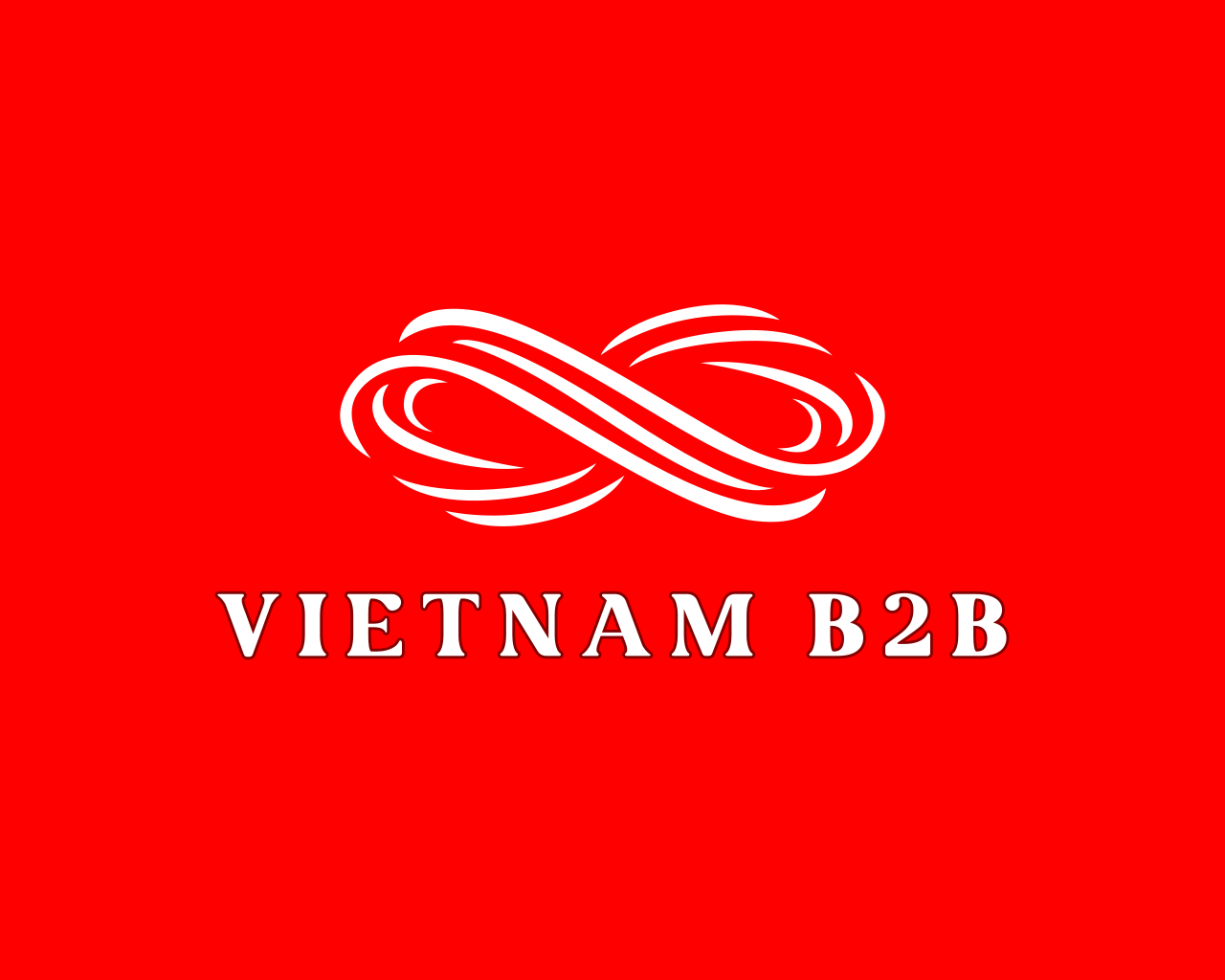Implementing the global minimum tax in Vietnam requires essential factors such as green production and business practices, a favorable digital ecosystem, a skilled workforce, and a conducive living environment.
Vietnam has recently enforced additional corporate income tax regulations in compliance with global anti-base erosion rules, effective since January. Vu Tien Loc, Chairman of the Vietnam International Arbitration Centre, emphasized that the implementation of the GMT not only aims to boost tax revenue from foreign-invested enterprises but also significantly influences foreign investment attraction policies and Vietnam’s investment environment.
Amid fluctuating global economic growth and geopolitical tensions, friend-shoring and near-shoring strategies continue to be predicted as prominent trends in 2024, as investors prioritize investment safety in their portfolios, according to Pham Binh An, Vice Director of the Ho Chi Minh City Development Research Institute.
An highlighted that investment trends favoring innovation, new technology, sustainable materials, green growth, and sustainable development will continue to attract investors’ attention and acceptance. Experts consider 2024 as a breakthrough year for Vietnam in attracting foreign investment due to its economic openness, stable growth, improved infrastructure, and enhanced trade cooperation.
Vo Tri Thanh, Director of the Institute for Brand Strategy and Competitiveness Research, noted Vietnam’s strong digital transformation efforts and green initiatives in alignment with various aspects of Industry 4.0, alongside its existing advantages.
Despite these advantages, Vietnam faces challenges in foreign investment attraction, including rising labor costs, a short demographic window, a scarcity of skilled labor, infrastructure disparities, and administrative and legal complexities.
Besides investment incentives aligning with international commitments, the National Assembly has tasked the government with developing a decree on managing and operating the investment support fund.
This decree will encompass preferential support measures such as land rent exemptions, credit facilitation, and guarantees, along with policies addressing human resource training, research and development, fixed asset investments, and production costs for high-tech products.
The GMT rate is a key component of the OECD’s Base Erosion and Profit Shifting Programme, approved by over 140 countries. Under this resolution, multinational enterprises with consolidated revenues exceeding approximately $800 million in two of the previous four years will face a 15 percent GMT in Vietnam.
